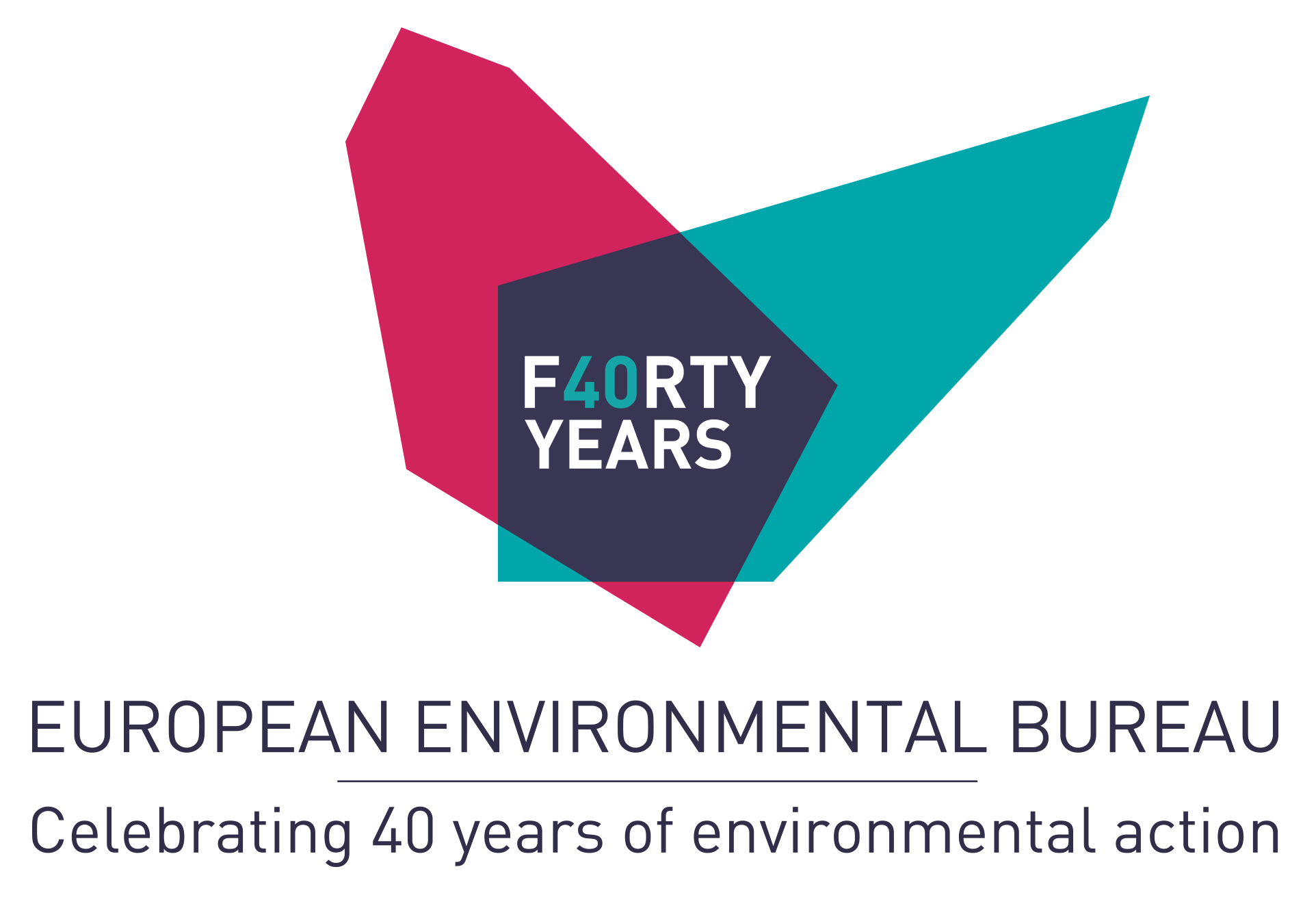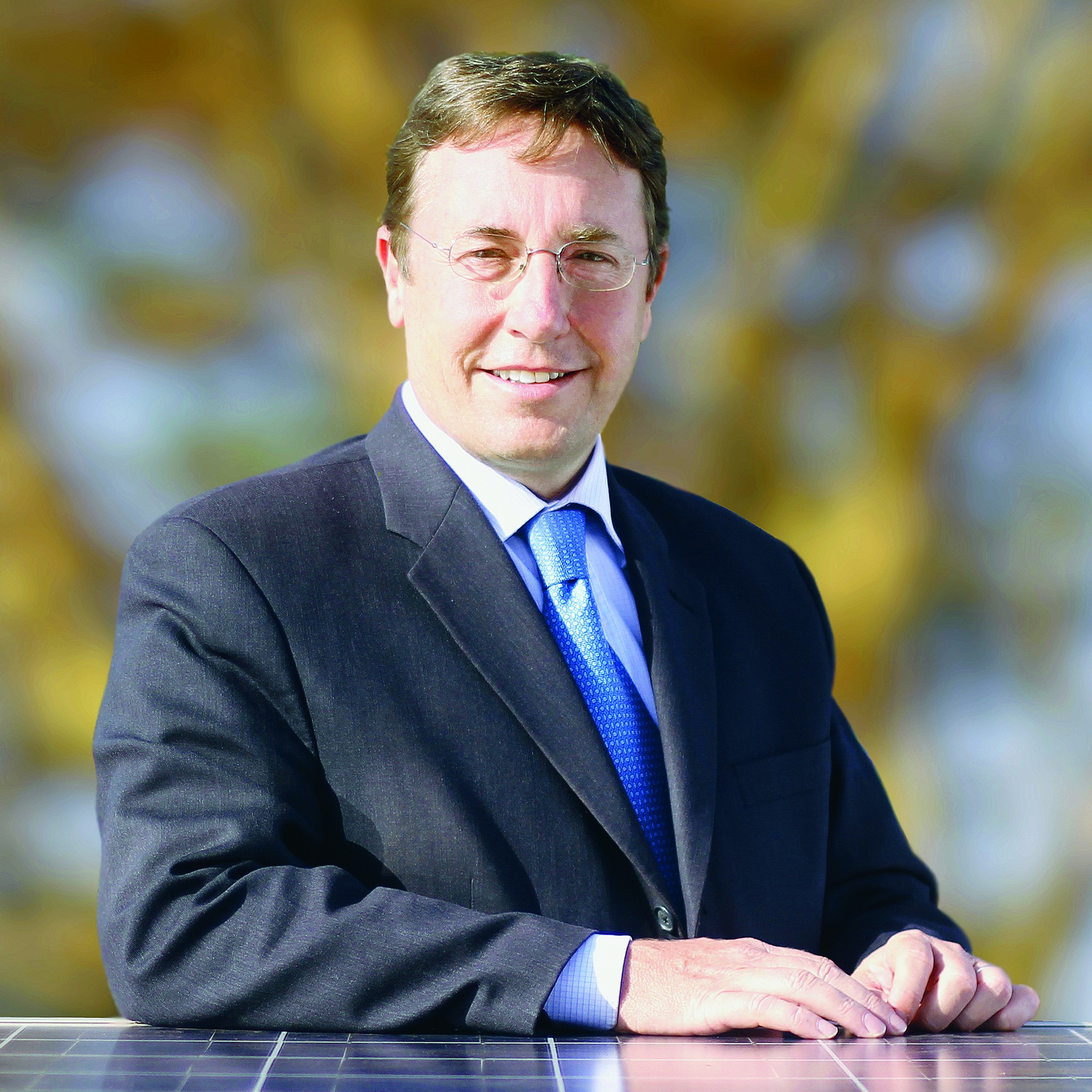

This module will address the prospects for the environment over the next four decades under various scenarios and, within that broad framework, focus on the EU’s priorities for the next five years.
It is widely acknowledged that continuing over the next forty years as we have over the past forty is not an option. Already there are indications that three of the nine planetary boundaries – defined by scientists as the thresholds or tipping points beyond which there is a risk of irreversible and abrupt environmental change – have been crossed. We are already outside the safe operating space for humanity. Europe’s contribution to this situation, both historical and current, is disproportionately large. Substantial changes in our production and consumption patterns as well as our lifestyles will be needed in order to live within planetary boundaries and thereby provide the poorest societies with the space and opportunity to develop. Stronger environmental policies, apart from being necessary, can create new business and employment opportunities. In fact, if Europe fails to innovate fast enough towards the low carbon resource-efficient economy promised in the Europe 2020 strategy, it will lose out not just environmentally but also economically to other regions. Whereas such considerations should provide the fundamental framework guiding Europe’s future development, this is currently not the case. Laws that aim to safeguard the environment and promote sustainability are under attack in the name of removing obstacles to economic growth, irrespective of the long-term detriment to environment, society and economy that will result from continuation of business as usual. Of specific concern is how the new structures and mandate of the Commission will deliver on environmental and sustainability objectives.
This module will address the following questions:
 Mikael Karlsson
Mikael Karlsson
 Achim Steiner
Achim Steiner
 David Baldock
David Baldock
 Kathleen van Brempt
Kathleen van Brempt
 Thomas Becker
Thomas Becker
 Kirsten Brosbøl
Kirsten Brosbøl
 Maria Krautzberger
Francesco La Camera
Maria Krautzberger
Francesco La Camera